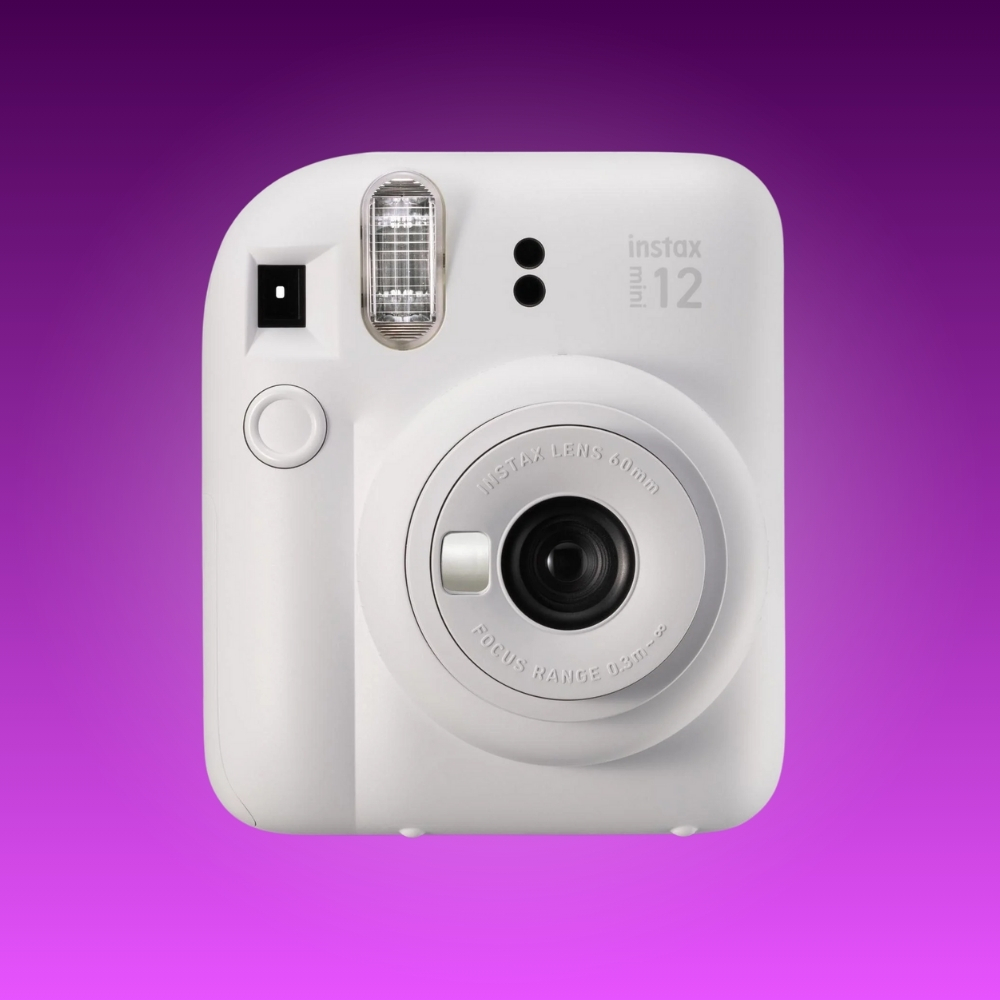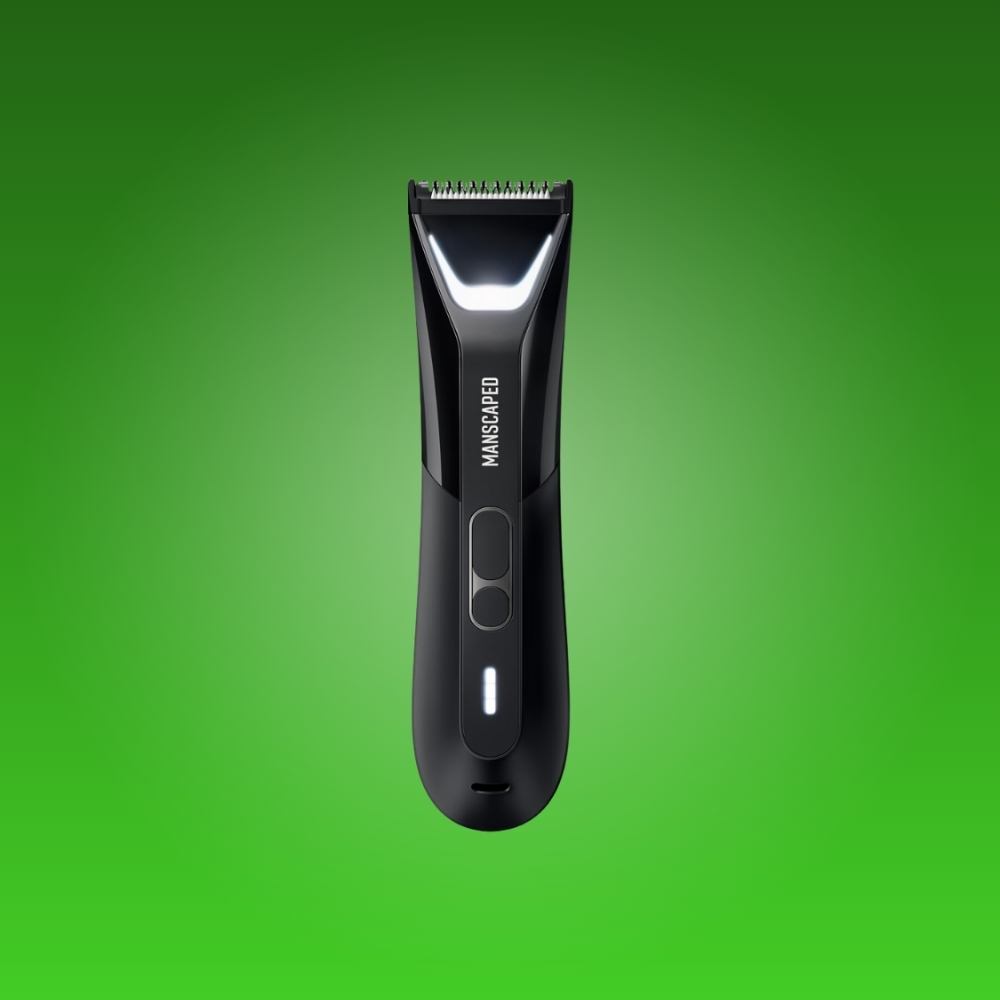Research has suggested that distracted eating not only affects how much you eat, but also how much you remember eating—which is why you can get wrapped up in a good show and suddenly find yourself holding an empty pack of Tim-Tams
Before you hit the couch, measure out an appropriate serving size of whatever you’re eating so you’ll stop when you hit the bottom of the bowl.
RELATED: 9 ways to lose weight without even trying
Not only is booze loaded with empty calories, but that glass of wine before bed can disrupt your sleep cycle.
“There’s a problem with sleep and alcohol—you’re going to end up waking up in the middle of the night and not get good sleep,” LePort says.
Research suggests that getting insufficient sleep may interfere with your hunger hormones and makes you more likely to crave (and consume) unhealthy foods.
The blue light emitted by the LEDs in your phone, laptop, and television can affect your sleep cycle, so it’s best to log off at least an hour before bedtime.
And sleeping with the TV on is definitely not a good idea, because the light and sound can disturb you all night long.
“You’re not reaching the deep sleep you need to maintain a healthy mind and a healthy body,” LePort says. If you simply can’t drift off without the TV, at least set the sleep timer.
Early mornings can be rough, but resist the urge to wake up at the last possible second if that means you’ll be racing out the door without breakfast.
Research has suggested that a high-protein brekkie may help you eat less throughout the day and gain less body fat. If you’re constantly caught off-guard by the morning rush, change both your bedtime and your wake time so you’re left with enough wiggle room in the morning for a healthy meal.













